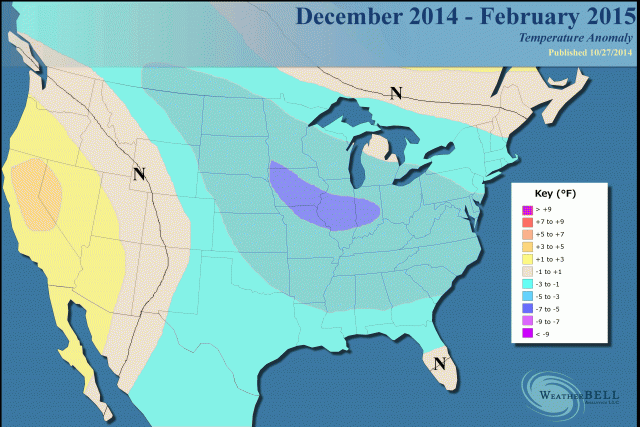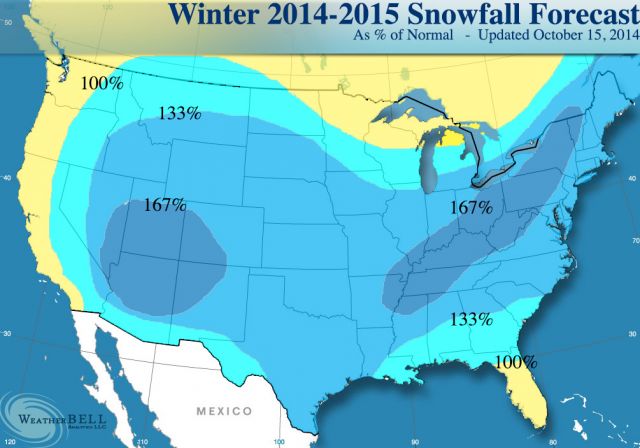Klaipeda (Lithuania) (AFP) - The "Independence", a huge floating liquefied natural gas (LNG) terminal docked in the Lithuanian port of Klaipeda on Monday, becoming the first such facility to sever Moscow's energy grip on the Baltic states.
Several hundred onlookers waving Lithuanian flags and an honour guard welcomed the massive white-and-blue vessel measuring three football fields in length, an AFP photographer said.
Lithuania, despite joining the EU and NATO in 2004, has been completely dependent upon Russia for natural gas, a legacy of five decades of Soviet domination which wound down in 1990.
The terminal gives Lithuania, with a population of three million, the capability to import up to four billion cubic metres of gas per year after 2015 from sources such as Norway's Statoil.
This is well above the 2.7 billion cubic metres it bought from Russia last year, and leaves plenty of extra capacity for its Baltic neighbours Latvia or Estonia, analysts note.
Lithuania will use the terminal to import 0.54 billion cubic metres of gas from Statoil next year, about one-fifth of annual demand, the first alternative to Russian energy giant Gazprom.
The EU's energy chief and a top US diplomat described the arrival, broadcast live on national TV, as a "milestone" in ensuring energy security for the Baltic states.
"The challenges that Europe faces today in terms of security of gas supply require a quick response, and Lithuania has shown how this can be delivered," Guenther Oettinger, the EU's energy commissioner, said in a statement.
"The opening of Klaipeda LNG terminal represents a historic milestone in the Baltic states' energy security," US Secretary of State John Kerry said in a letter to Lithuanian leaders, commending their "strategic vision".
Lithuania, which declared independence in 1990 after five decades of Kremlin rule, has repeatedly locked horns with Gazprom, accusing it of abusing its market clout to impose unfair pricing. Gazprom has denied the claims.
Baltic neighbours Latvia and Estonia, which are totally dependent on Russian gas, said they were also considering to use the terminal for LNG imports in the future.
Lithuania's President Dalia Grybauskaite said the floating 294-metre (964-foot) terminal owned by Norway's Hoegh LNG "will be a security guarantee for the whole region" as it will be able to cover 90 percent of the three Baltic states' gas supply needs.
"From now on, nobody will dictate us the price for gas - or buy our political will," she told in a solemn ceremony in Klaipeda.
Amid Europe's worst standoff with Russia since the Cold War over Ukraine, there is real fear that Moscow could attempt to destabilise its Soviet-era Baltic backyard.
In a survey released on Monday, 55 percent of Lithuanians said they believed Russia posed a threat to the Baltic states.
To connect to other EU gas markets, Lithuania also plans to build a gas pipeline to neighbouring Poland by 2019.



